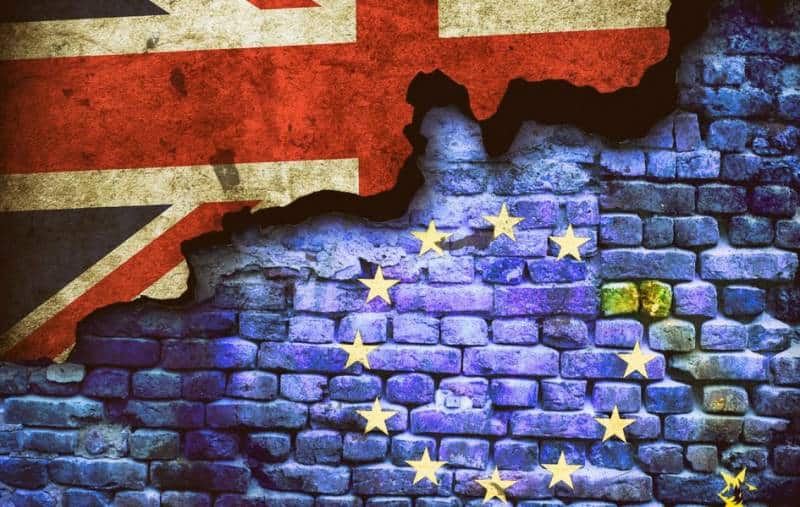May officially triggered Brexit this week and marked the beginning of two-year negotiations for Uk’s exit from the EU. Multiple negotiation outcomes are possible. But in the worst case scenario, if no agreement is reached, the trade would revert to the WTO rules, making UK’s trades vulnerable to tariffs.
Going forward, how will UK businesses be impacted?
1) EU is UK’s biggest trading market, as half of UK’s exports go to the EU. With altered trade agreements, export businesses face the threat of imposition of tariffs, that would make them less competitive in the export market and impact sales.
2) There is also a threat of the EU immigrants leaving the UK. This could have cost implications for UK businesses in terms of wages as also productivity, as their ability to attract international talent with diverse skills could be impacted
3) Many corporations are contemplating moving headquarters from London and reconsidering expansion plans or shifting manufacturing away from the UK.This could lead to massive job losses and supply chain disruptions and impact business profitability
4) The uncertainty of trade agreements between the UK and EU could impact FDI flow into the UK and could business expansion and growth.
The referendum last year did not spell doom as expected. But with the trigger, the consequences of Brexit will be more tangible, as the companies that were waiting for more clarity until now, start taking action. Businesses might now face a bumpy ride as they move ahead on the uncharted road.




Leave a Reply